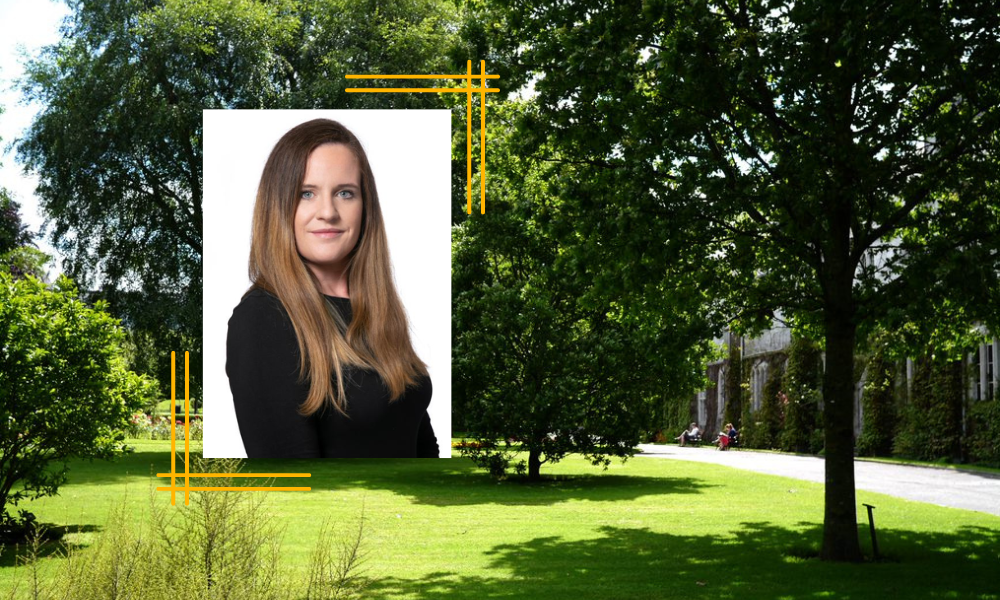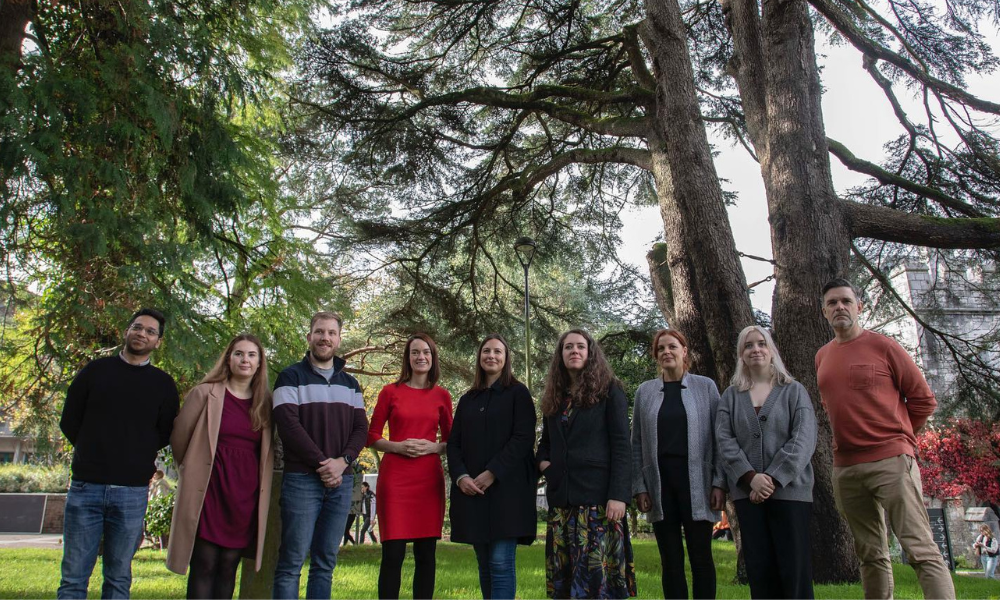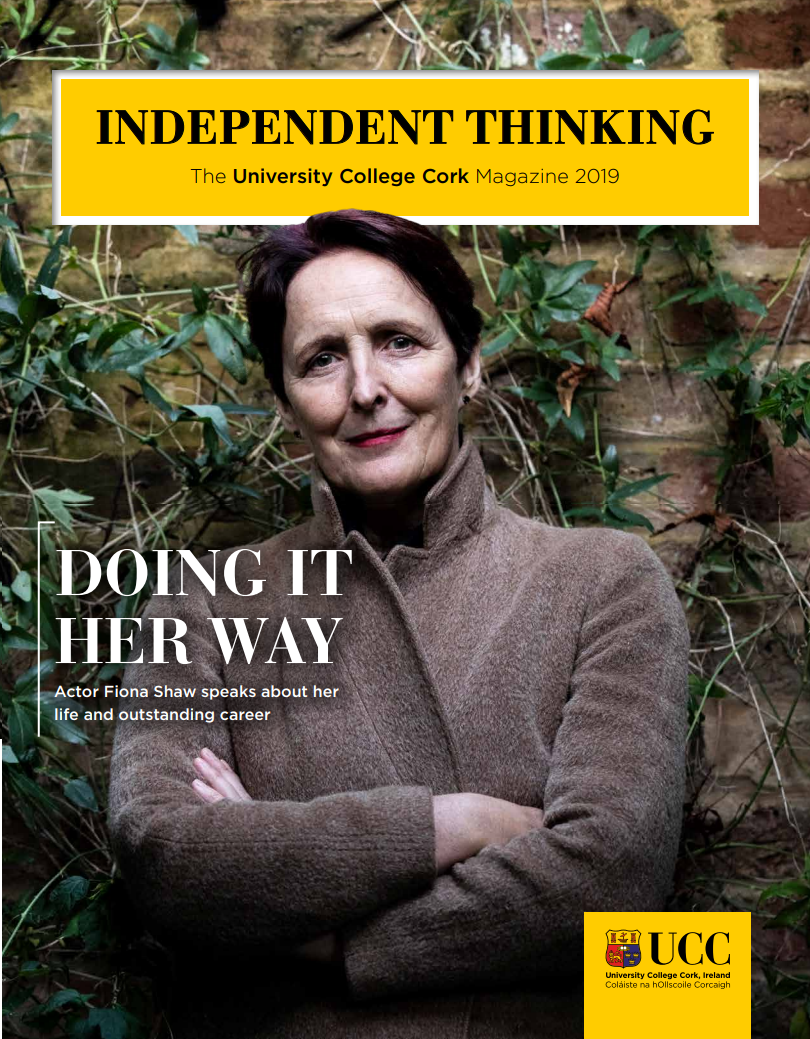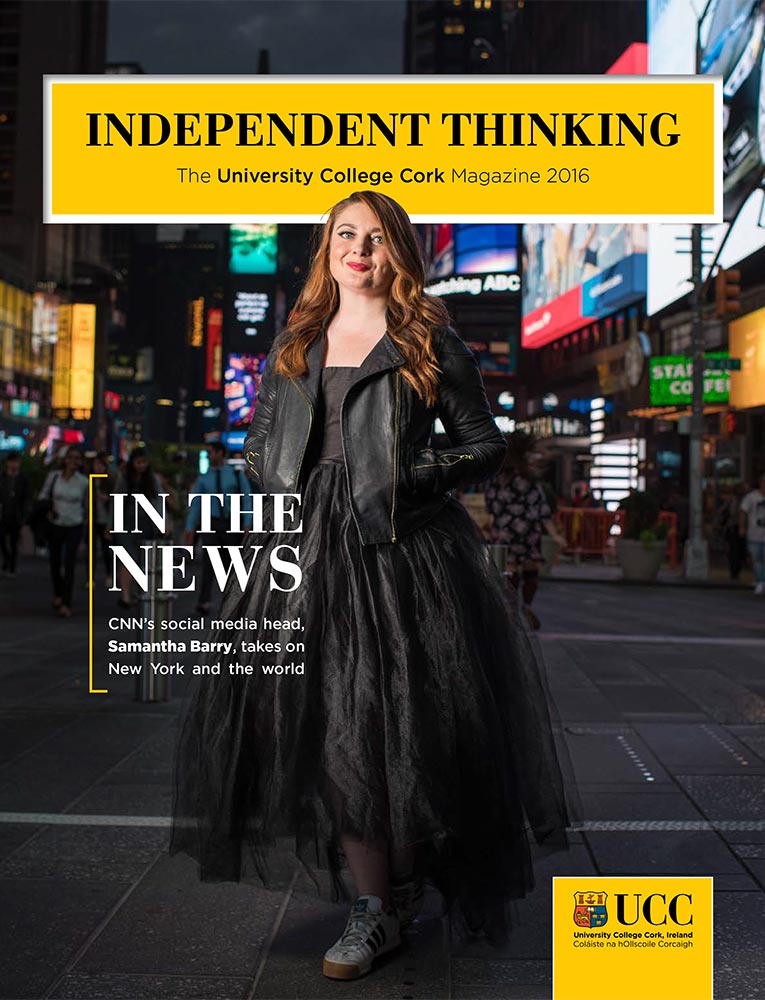Can We Cope with Climate Change?
As we face into the stark reality of a warming world, Dr Jean O’Dwyer poses the question: how are we, the people, going to cope with climate change?

This is a question that has become all the more pressing in recent years as we grapple with the ever-present headlines of global catastrophe in a warming world. From a practical perspective, we can write policies and adhere to carbon targets; we can engage with international conventions and even incentivise sustainable development – we can cope infrastructurally, but what about personally? How are we, the people, going to cope with climate change? Does this grand, global challenge impact us and our day-to-day lives?
As an environmental health scientist, my focus has been centred on the impacts of the natural world on human health, or more specifically, physical health. Throughout my career, we have looked at waterborne diseases associated with the water we drink. We have looked at asthma relative to the air we breathe. We have even looked at health outcomes relative to socioeconomic factors, but we never really looked at how the natural world affects how we feel – the very trait that makes us human.
Take, for example, the recent catastrophic flooding in Pakistan – this is a prime example of an environmental health disaster. There was a major extreme weather event that led to mortality, a direct impact on human health. But what about the 33 million+ people who survived? Yes, they have their lives, but at what cost? How will these people cope in the aftermath? What are the indirect impacts?
Globally, climate change is leading to more frequent and intense extreme weather events such as floods, storms and droughts. For those impacted by these events, there is an element of trauma and as a result, many people will experience higher levels of psychological distress, with some at risk of developing more serious mental health problems, including, but not limited to, post-traumatic stress disorder (PTSD).

In Ireland, we too experience our share of extreme weather events, from flooding (coastal, fluvial (from rivers) and pluvial (from intense rainfall)) to storms, and even sometimes, as we saw in the summer of 2018, drought. While these events rarely make international news headlines, the destructive impacts, be it through property damage or physical injury, is bound to impact our wellbeing as well.
As part of the Environmental Protection Agency funded project CRISIS (Climate Change in the Republic of Ireland: Societal Health Impacts and Solutions), we endeavored to assess to what extent these extreme weather events did impact the population of Ireland.
In 2020 and 2021, we surveyed the people of Ireland to assess their psychological wellbeing following exposure to an extreme weather event. In total, we had 471 respondents, representing all 26 administrative counties. People were asked to recall an extreme weather event and whether the event had impacted their finances or their property and then, crucially, they were asked to respond to statements to assess their levels of PTSD. This assessment was done using the Impact of Event Scale-Revised (IES-R), which is commonly employed by clinicians to evaluate the mental health status of people post experiencing a traumatic event. The main thing to know is that a score of 33 or higher signifies the clinical diagnostic level for PTSD.
The average score of respondents was 35.01.
The highest score was 80.
'It tells us that even in Ireland, a country relatively under-burdened by extreme weather events, the impacts of climate change are real and happening right now.'
The findings suggest that the people of Ireland are very much impacted by extreme weather events. Perhaps not surprisingly, we found that the impacts were greater when the event had resulted in damaged property, or if any financial consequences had resulted Similarly, we found that those who have a duty of care (parents, employers) also scored higher; the burden of responsibilities seeping through. Interestingly, it appears when it comes to the impacts of climate change, we are a country divided – younger people (< 35 years) exhibit the highest scores, with the older generations noticeably less impacted.
So, what does this tell us? It tells us that even in Ireland, a country relatively under-burdened by extreme weather events, the impacts of climate change are real and happening right now. This is not a looming threat that may happen 10 or 20, even 50 years from now. This is our reality. Every flood, every intense storm, every prolonged dry spell impacts us and will continue to impact us. For me, it reaffirms that climate change is a kaleidoscope issue, which can no longer be viewed simply through an environmental lens; this is a global problem, with local consequences, and we must react accordingly to protect human health and wellbeing.
So, can we cope with climate change?
The simple answer is, we must – our health and wellbeing depend on it.
Dr Jean O’Dwyer is Deputy Head of Environmental Science in UCC’s School of Biological, Earth & Environmental Sciences and Lead of the Environment & Health Lab in the Environmental Research Institute at UCC.
Cover and main photo: Tomás Tyner



